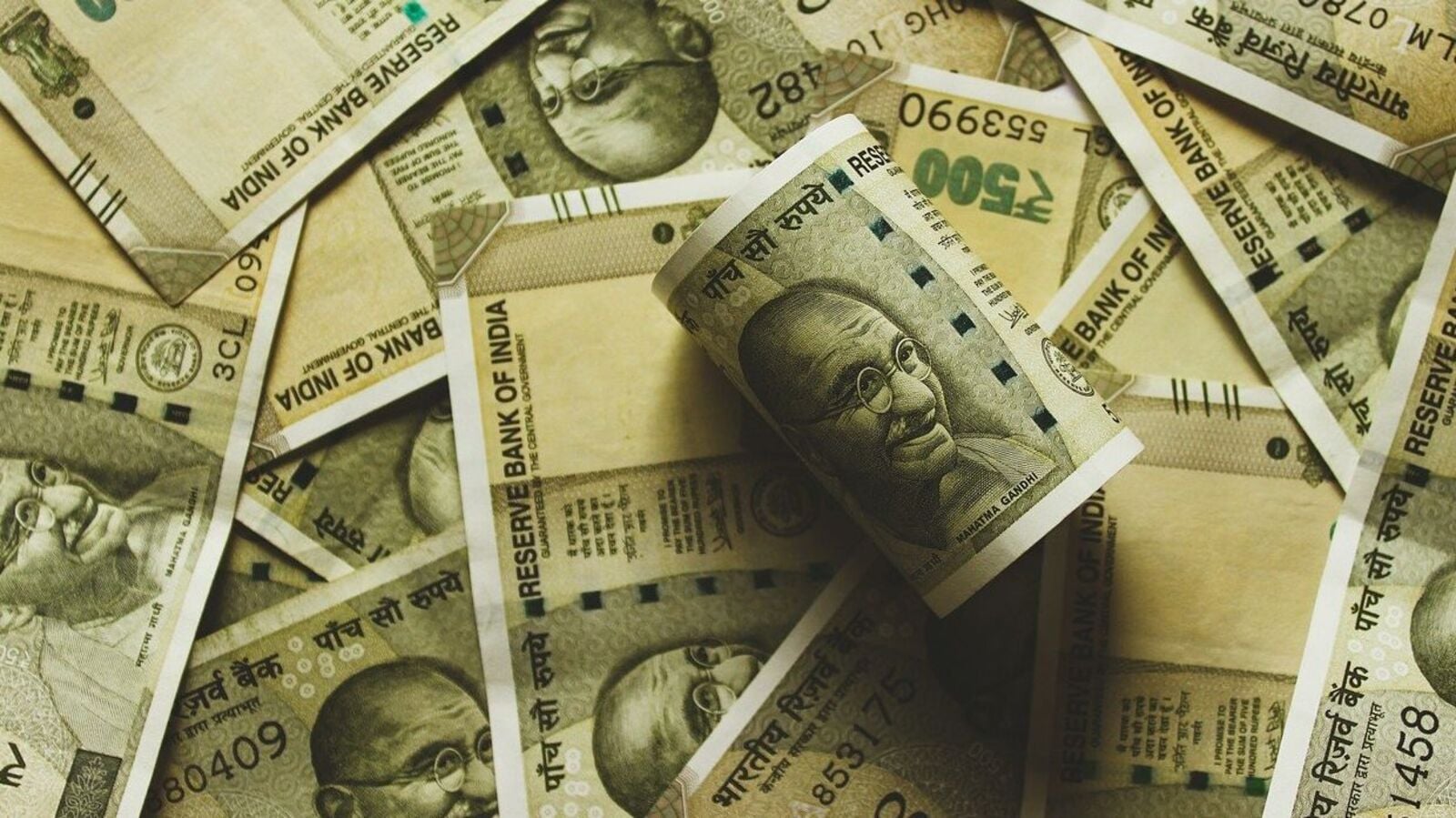
Aspirants wait for the train to go home after completing the direct recruitment exam of the Uttar Pradesh Civil Police in Lucknow. File | Photo credit: The Hindu
IIndia is not producing enough good quality jobs for its people. A good quality job offers dignity, adequate compensation, an opportunity to learn and progress for those who seek it. Instead, many jobs are unpaid, informal and dead-end. Worse still, the apparently low unemployment rate masks the fact that to be considered an employee, a person only needs to have worked one month in an entire year.
The lack of quality employment, especially among young people, is a ticking time bomb that threatens not only our economy, but also the legitimacy of our state. If the government fails to create opportunities for social and economic participation for young people, this will inevitably lead to frustration.
A double problem
The political problem is twofold: how do we give people a sense of dignity and purpose, and the means for financial support? Traditionally, people have achieved dignity and purpose through a combination of community, work and political involvement. However, the package deal of liberalism and capitalism has deprioritized traditional sources of community and increased the importance of work in conferring social status and belonging. As a result, work has become the dominant entry point to a broader sense of community and political engagement.
While the elite find purpose and status through their control over social discourse and decision-making, which also brings them substantial financial rewards, large segments of our population feel they lack both dignity and financial security. This inequality is likely to become even greater as technological advances and capital concentration may displace large numbers of workers, perhaps permanently. In a large democracy like India, such a concentration of purpose and financial gain among elites can erode trust in the system and lead to political instability.
This challenge – how we structure our society, what we value and how we include everyone – is fundamentally political. Yet the political response has been inadequate, vacillating between surrendering to market forces and turning to short-term partisanship. The market-oriented approach is reflected in the superficial mantra of ‘creative destruction’, which suggests that old jobs and industries will be seamlessly replaced by new and better ones. Meanwhile, some politicians and capitalists have proposed universal basic income (UBI) as a solution. UBI is a minimum ‘income’ that all citizens of a certain population group receive as financial transfers from the government without having to work.

Leaving aside the issue of the financial viability of a UBI, it is important to recognize that inequality and an attack on human dignity are inherent to the concept itself. UBI implies that a significant portion of the population is no longer needed in the economy, while a smaller subset ‘pays’ for the rest. Its premise admits that technology and capital will create big winners, while the majority will only survive because of their largesse. This approach fails to address people’s need to feel relevant and capable, and ignores the loss of dignity that comes from not contributing meaningfully to society. So it doesn’t take into account the possibility that basic income would encourage more anger and populism as people want to contribute and thrive, not just survive on the sidelines.
There is also a risk to democracy as a whole. The UBI would shift the focus from structural reforms to mere economic transfers, thereby entrenching elite power by insulating them from the pressure to address fundamental inequalities in the economy and labor markets. There is a risk that the state will be recast as a mere distributor of money rather than as the architect and arbiter of social processes necessary to create a just and participatory social and economic system.
Tackling structural problems
The partisan response has been to lobby the issue between the parties for short-term electoral gains, rather than responding to the ongoing structural transformation of our society. Some political leaders are conscious of the long term, but institutionally the parties have become too limited in their scope to tackle larger issues such as unemployment and have reduced their ambitions to winning elections alone. However, divesting social issues to civil society or government to function solely as election-winning machines threatens their long-term legitimacy. This is because democracy is about more than just elections – it’s about creating a social contract that works for everyone.
In fact, the inability to anticipate and address long-term structural problems is a major reason why people feel neglected by the political class and view politics as a cynical game. When people believe that the political system is unable to address pressing challenges, they lose confidence in democratic institutions. Parties and institutions must therefore find ways to tackle structural problems, including unemployment, inequality and dignity; Otherwise, people will look for alternatives, making political parties irrelevant. We are witnessing this worldwide through the rise of populism, authoritarianism and social disengagement.
Political parties must provide meaningful leadership by tackling structural issues head-on, without resorting to distraction or partisanship. The future of Indian democracy – and the continued relevance of our political institutions – depends on our ability to put a broader sense of public purpose and economic participation back at the center of our national dialogue.
Ruchi Gupta, Executive Director of the Future of India Foundation, anchoring an initiative to leverage the political process to create ambitious employment opportunities for youth at the district level
Published – Oct 23, 2024 01:48 AM IST










